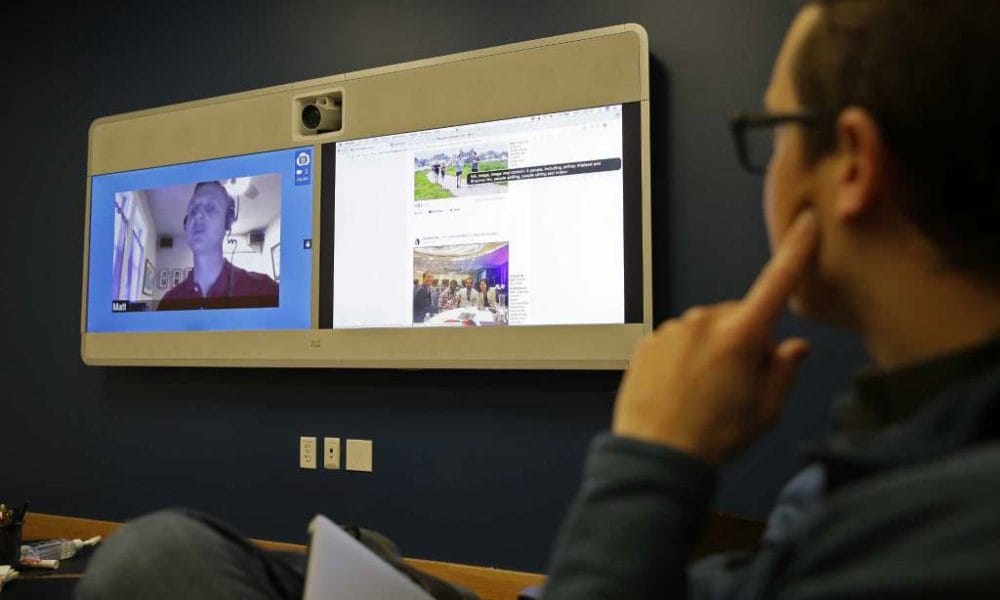For years there have been TV shows glamorizing home flipping as a way to make a big profit, but the reality can be much grittier and in some cases, even devastating if your investment doesn’t go as you plan.
What often happens is that you’ll buy a property and not even realize the amount of work that’s going to go into it.
For example, what happens if you discover mesothelioma-causing asbestos in the house, a mold problem, or lead paint? These are common when you buy an older property and can mean that you have to spend significant amounts of money to have a specialist come and remove these potentially deadly toxins.
If you buy a property that was built between 1940 and 1959, there’s a 69% chance it has lead paint.
Trying to do it yourself can endanger your health, and not properly removing these substances can leave you open to legal liability.
That’s just one set of things that can go wrong with flipping. There are many others.
Right now, interest rates are low, which is leaving many to wonder if it’s the time to try their hand at this business venture. Before doing so, consider some of the pros and cons.
The Pros of House Flipping
Starting with the good news first, the following are some of the possible pros of flipping a house.
- It’s possible if things go as you anticipate they will, that you can make a quick profit on a real estate flip. You can earn a profit that’s on par with the median salary in the U.S., and sometimes even more. You can get those returns in just a few months in some circumstances.
- Each time you flip a house, it’s going to give you valuable experience that you can use in the future as you continue to grow your business. For example, you’ll learn more about construction and the use of materials and how to find quality subcontractors. You’ll also be better equipped to spot major hazards like what was named above—asbestos, mold, and lead paint. You’ll also start to be able to spot structural problems. With each flip, you’ll grow your knowledge-base so the next time you do it you’ll be even more prepared. You’ll also get a handle on how to budget for those profit-diminishing unexpected costs.
- There are some general benefits of investing in real estate that are important to understand. Real estate overall can offer more predictable returns than stocks and bonds. Real estate investments also serve as a hedge against inflation, and particularly if you’re going to be renting a property.
- Flipping can be a safer investment even compared to other real estate investments because you don’t have to worry about the risks of leasing and management, finding tenants, maintaining a property, and collecting rent.
The Cons of Flipping a House
Sometimes the downsides of flipping homes can outweigh the pros, but there are ways to mitigate the risks.
Money Loss
When you get into house flipping, there is a very real and sometimes significant risk of losing your money.
What many flippers do is buy homes at foreclosures or auctions, and this is what allows them to get the best deals. In doing so, you can’t fully inspect the home and you really are taking a gamble.
If you run into asbestos, mold, termites, a cracked foundation, or other major issues, they’re going to erode your profits. It may be that when all is said and done, you make no profit, or even take a loss.
Also, you have to think about how quickly you can sell the property. You’re paying the mortgage the whole time you’re holding onto it. Each day that an investment property you flip sits on the market, you’re losing money and opportunity.
Hidden Expenses
This has been discussed above, but hidden expenses are a very real and often costly issue for home flippers and real estate investors. The risk of hidden costs is greater if you buy a foreclosure or a property at auction, but it exists regardless.
Beyond the construction and renovation costs that you may not anticipate, you also have to factor in things like property taxes and closing costs.
Not Being Able to Do the Work Yourself
Even if you have a fair amount of experience doing home improvement projects, flipping a house can be entirely different and much more challenging.
If you think you can do more of the work than what you’re equipped to do, then you may do it wrong, and that’s going to cost you more to fix it. It’s also going to make your project take even longer, increasing your total costs in multiple ways.
Working with a Bad Contractor
Once you have some experience flipping homes, you’ll likely find a contractor that delivers, but when you’re just starting out, this is tough. There are plenty of good contractors out there, but also some bad ones.
Not having a good contractor to work with is going to be expensive and stressful, to say the least.
There’s No Guarantee the Property Will Sell
When you flip a house, the assumption is that you’ll then turn around and sell it quickly for a profit. There’s no guarantee of that, however.
If you’re going to invest in a house, you have to prepare yourself for the potential worst-case outcome.
If you don’t sell a home you flip, you may have just to take the loss, or you may have to rent it out. You may also just cut your losses and sell the house for less than what you’d planned on letting it go for.
Flipping houses can be lucrative certainly, but it’s also a very stressful, uncertain business to be in. You could be putting your finances in jeopardy if you aren’t prepared for the potential risks.
It’s not an endeavor you should jump into without doing your research.



